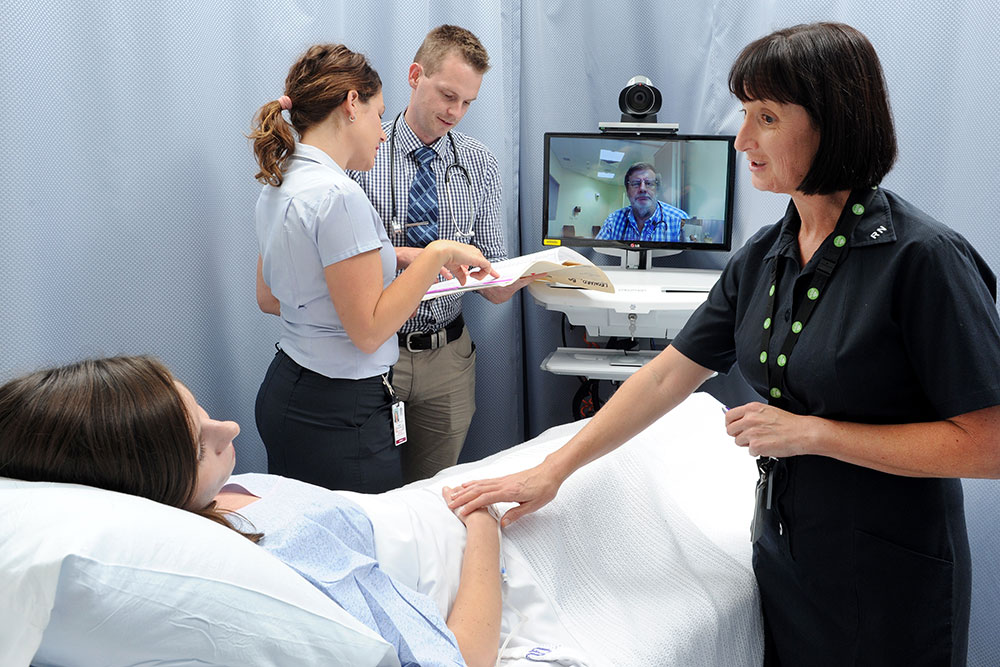Nursing Informatics
So, what is nursing informatics to start with? Nursing informatics is a specialized field that combines nursing science, computer science, and information technology to manage, store, and retrieve healthcare data efficiently. It plays a vital role in improving patient care, enhancing clinical processes, and reducing healthcare costs. This essay will delve into the importance of nursing informatics, its impact on patient outcomes, challenges faced, and the future of the field.
Importance of Nursing Informatics:
1. Streamlining Workflow:
Nursing informatics promotes the effective flow of information among healthcare professionals, allowing for seamless collaboration and communication. The tools and systems it provides assist nurses in documenting patient care, managing medication administration, and tracking the progress of individual patients. By optimizing workflow, nursing informatics helps nurses focus more on patient care, leading to improved healthcare outcomes.
2. Enhancing Patient Safety:
Patient safety is of paramount importance in healthcare. Nursing informatics enables accurate and timely collection, analysis, and dissemination of patient data, including medical history, allergies, and clinical tests. This integration of data ensures that healthcare providers have comprehensive and up-to-date information, enabling them to make informed decisions and prevent medication errors or adverse events.
3. Facilitating Evidence-Based Practice:
Nursing informatics supports evidence-based practice by providing access to current research, guidelines, and clinical decision support systems. Nurses can utilize these resources to make evidence-based decisions, leading to improved patient care outcomes. Additionally, informatics tools can help track patient outcomes, contributing to research and improving future healthcare practices.
Impact on Patient Outcomes:
1. Timely Access to Information:
Nursing informatics ensures that healthcare professionals have immediate access to relevant patient information, regardless of their physical location. This accessibility improves interdisciplinary communication and collaboration, allowing timely interventions and reducing delays in patient care. Therefore, patients receive the necessary treatment promptly, resulting in improved clinical outcomes.
2. Coordination of Care:
By providing a centralized platform for communication and data sharing, nursing informatics facilitates improved care coordination. Different healthcare providers can communicate and collaborate seamlessly, leading to better health outcomes. This coordination ensures continuity of care and reduces duplicated or unnecessary procedures or tests, resulting in improved patient satisfaction and cost savings.
Challenges Faced:
1. Resistance to Change:
The implementation of nursing informatics faces resistance from healthcare professionals who may be reluctant to adopt new technology or change their established workflows. Overcoming resistance requires adequate training, education, and support to help healthcare professionals navigate the new systems seamlessly.
2. Data Security and Privacy:
The digital nature of nursing informatics poses challenges regarding data security and patient privacy. Healthcare organizations must invest in robust security measures, such as encryption and access controls, to protect patient information from unauthorized access or breaches. Compliance with data protection laws and regulations is crucial to maintain patient trust and confidentiality.
The Future of Nursing Informatics:
The future of nursing informatics is promising, with advancements in artificial intelligence, data analytics, and telehealth. These developments will further improve patient outcomes, allow for personalized care, and facilitate remote monitoring and virtual consultations. Advanced analytics will assist in identifying trends, predicting outcomes, and optimizing resource allocation. Additionally, nursing informatics will play a crucial role in population health management, ensuring proactive and preventive care.
Conclusion:
Nursing informatics provides a bridge between healthcare and technology, facilitating the efficient management and utilization of data for improved patient outcomes. Its role in streamlining workflows, enhancing patient safety, and promoting evidence-based practice cannot be overstated. Despite challenges related to change management and data security, the future of nursing informatics is bright, with continued advancements that will revolutionize healthcare delivery and improve patient experiences.








